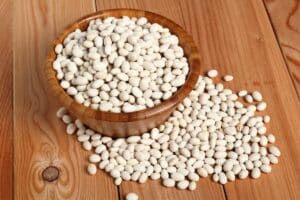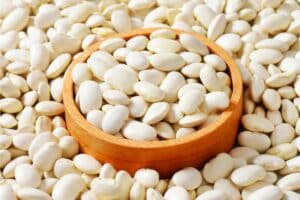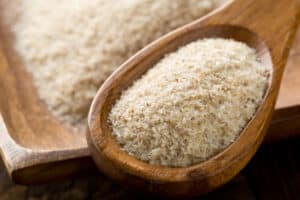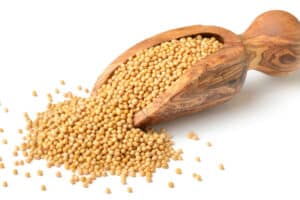Sesame oil is derived from sesame seeds and used in various dishes, primarily Asian cuisine. While cooking, sesame seed oil has a strong and distinct nutty aroma that translates over to the way it tastes. This oil is regarded highly by health-conscious people and dietitians alike for being heart-healthy.
Part of why sesame oil is well-regarded is because it is low in saturated fats while being high in poly and monounsaturated fats. Sesame oil also has uses outside of the kitchen; some even tout it as an alternative medical cure or a dental product. But what alternatives for sesame seed oil exist for cooking?
There are many health reasons and personal preferences that may lead people to seek a sesame oil substitute in their cooking. One problem is that the monounsaturated fats it contains are not suitable for people with certain forms of diabetes. Other people may find that even as healthy as sesame oil is, it is not lean enough.
Whatever your reason for seeking a substitute, this article is here to detail five other oils that can mimic or replace sesame oil in most dishes.
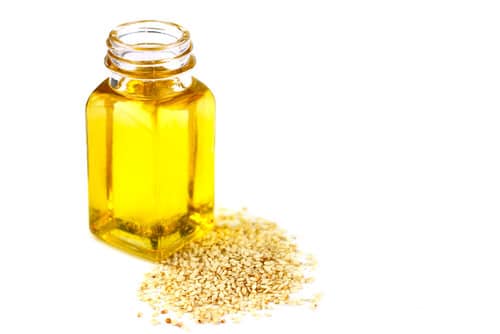
Top 5 Sesame Oil Substitutes
The best substitutes for sesame oil are Peanut Oil, Walnut Oil and Avocado Oil. Grapeseed and Olive Oil are also good sesame oil alternatives.
1. Peanut Oil
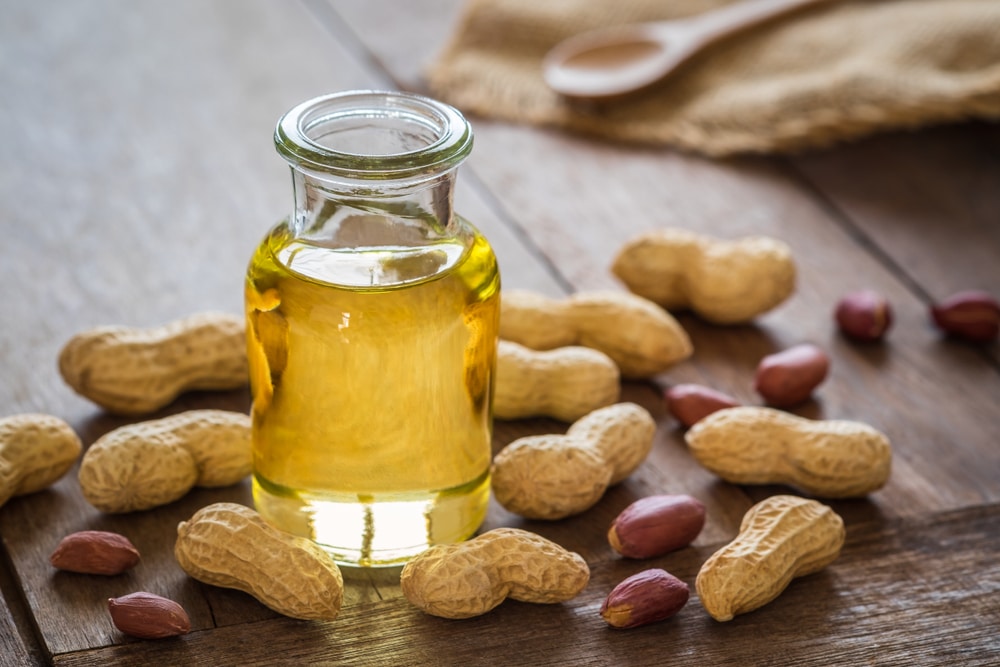
Much like sesame seeds, peanuts are considered to be very healthy by nutrition specialists the world over. It is perhaps not surprising, then, to know that people regard peanut oil as one of the best sesame oil substitutes you can find. Some cookbooks even include both oils and separate them with a slash in the ingredients list, signifying that you can effectively use the two interchangeably.
Using peanut oil as a sesame oil replacement makes a certain degree of sense, considering how both oils have a distinct nutty taste and smell. Honestly, most people mistake sesame oil for peanut oil more than is true for the reverse. Peanut oil is also low in saturated fats. It is optimal for the high temperatures that result from cooking with a wok or hibachi grill, making it an ideal ingredient in Asian cuisine. Peanut oil is also equally easy to find in grocery stores.
With all of this said, peanut oil is not perfect. Despite smelling similar, it has a bit of a milder taste in dishes and is easily overpowered by other flavors. Sesame oil’s strong taste may be why you want to substitute it for peanut oil in the first place, but it is still crucial for any chef to understand the difference before using peanut oil as a substitute for sesame oil.
All and all, peanut oil is an excellent substitute for sesame oil with no significant drawbacks.
2. Walnut Oil
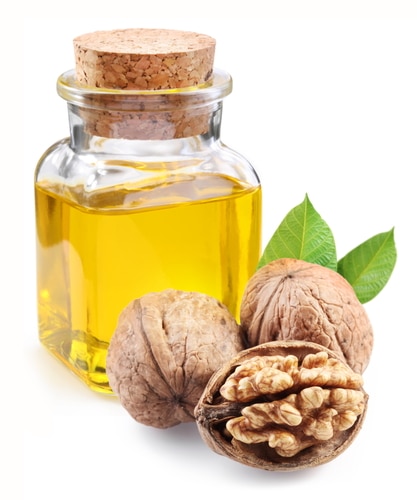
Because it maintains the signature nutty smell and taste of sesame oil, walnut oil is another suitable replacement for sesame oil. The use of walnuts and walnut oil are as old if not older than sesame oil, with evidence and written records of its use dating as far back as ancient Greece and Imperial Persia. It became a popular additive in many different cuisines across Europe and is still a popular addition to salads across the continent.
Walnut oil is also just as healthy as peanut oil and sesame oil, containing the same healthy fat alternatives and low-cal alternatives even in oil form. However, it is a thinner oil that is prone to burning off too quickly under high heat.
Another glaring issue is that walnut oil is not as easy to find as sesame oil, making it far less favorable as a substitute. You are several times more likely to find sesame oil at a grocery store than you are to find walnut oil, making it far less optimal. Still, it will carry the flavor of your dishes just as well.
3. Avocado Oil
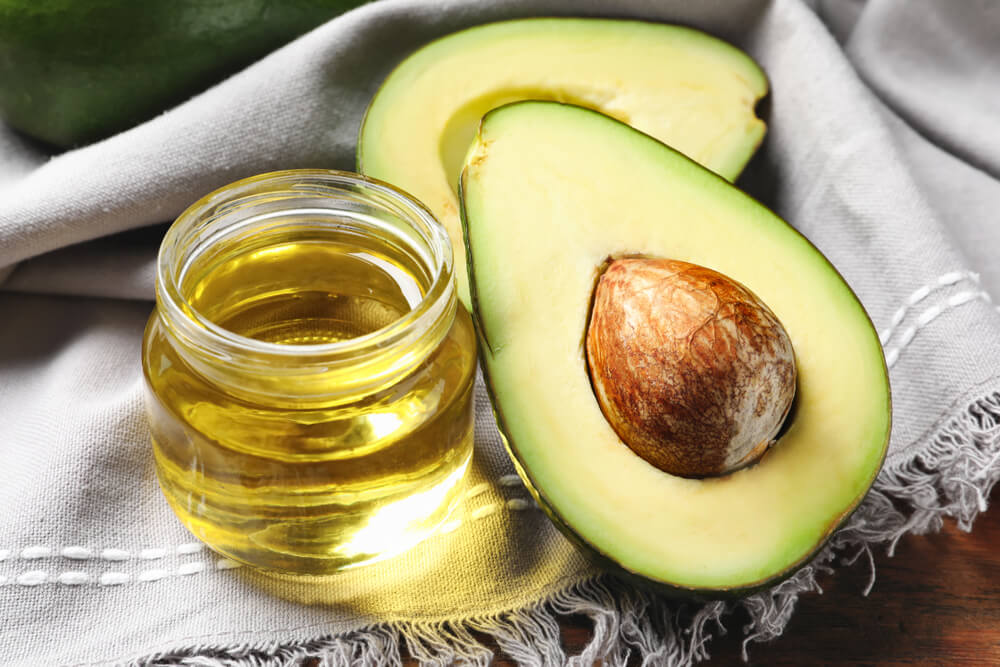
Avocado oil is the first non-nut and non-nutty-tasting sesame oil alternative this list presents, and it is also the richest in terms of flavor so far. Avocados are inherently rich in monounsaturated fats, and they also are low in saturated fats. These factors combined make it no less healthy to cook with than the others on this list, but it can potentially sit a little heavier in the stomach when consumed.
The good news is that it is also safe to use with high heat, making it a more common substitute for sesame oil than walnut oil. It helps that avocado oil is also abundant in grocery stores and functions much the same way while cooking. You can use this oil as a substitute in equal parts if a recipe calls for sesame oil.
The only real downside to avocado oil is that it tastes and smells different than sesame oil, but it will work the same in every other way.
4. Grapeseed Oil
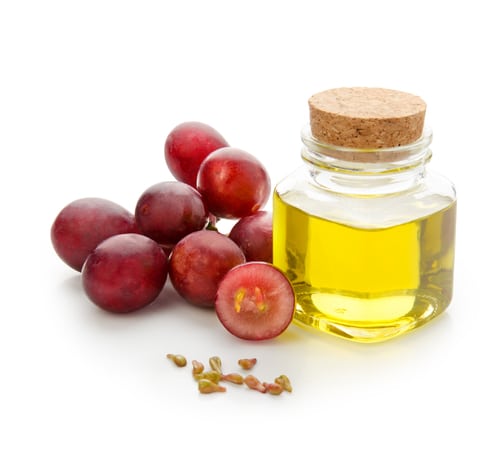
You may not know grapeseed oil exists. It is not commonly referred to concerning any one type of cuisine, but it is still a healthy sesame oil substitute. Grapeseed oil contains a ton of antioxidants and anti-inflammatory properties when consumed. It is also rich in fatty acids, which may cause it to burn off quickly when used in cooking.
Surprisingly, grapeseed oil has a very similar scent and taste to sesame oil and adds the same complement to other flavors in a dish. It does not smell or taste like grapes in any way. You can use grapeseed oil without fear of ruining the taste of your dish. Grapeseed oil is recommended by doctors as a sesame oil substitute for people with diabetes, making it a great addition to this list on that count alone.
However, grapeseed oil is not easy to come by and does not have the same shelf life as the other oils on this list. Moreover, it cannot be exposed to high heat for long periods. Using grapeseed oil as a replacement for sesame seed oil in a dressing will work fine, but cooking with it is not advised. Grapeseed oil tends to rapidly burn off into vaguely nutty-smelling fumes when added to a pan.
This is an excellent alternative for the people who need it, but it is a hassle to use for everyone else.
5. Olive Oil

Olive oil can do anything you want it to do, which is something every chef should take to heart. Yes, olive oil is considered a good substitute for sesame oil, even though the two seem very different at a cursory glance. Olive oil is made from green olives and is used in almost every kind of cooking. You can use olive oil both as a seasoning and as a lubricant for certain types of pans such as cast iron and steel.
It does not have a strong taste when cooked but does as a dressing. Olive oil is exceedingly common in Mediterranean dishes in both of these applications. Olive oil has an almost salty taste in dressing but cooks down and loses its flavor quickly with heat. Even still, it runs the risk of altering the overall taste of any Asian dishes you may decide to use it in.
That said, olive oil is extremely easy to come by and is often sold in sizable quantities. You will notice the difference in texture and thickness. Rest assured that olive oil is perfect for cooking, no matter how you want to go about doing it.
The flavor may be slightly different, but olive oil will work wonders in a wok or on a hibachi grill. The best use for olive oil as a substitute for sesame oil is in contexts where you will be cooking with it rather than using it as a dressing.
Olive oil is another substitute for sesame oil that is best used in certain circumstances, but any list of oil substitutes would not be complete without it.
Which Sesame Oil Replacement Will You Use?
There are a variety of sesame oil substitutes that are right for certain people in certain situations. Peanut oil is the closest to sesame oil overall; due to being so close, there is almost no reason to substitute one for the other save for convenience. Grapeseed oil is a good choice for people with diabetes or other particular health conditions.
Never forget that olive oil will replace any oil, including sesame oil, in a pan-frying scenario. If what you need is a dressing, peanut oil or grapeseed oil are the best substitutes in terms of taste. In the end, there are many options to choose from. With your sesame oil substitute options laid out, you can now easily make the best choice for yourself and your future dishes.

